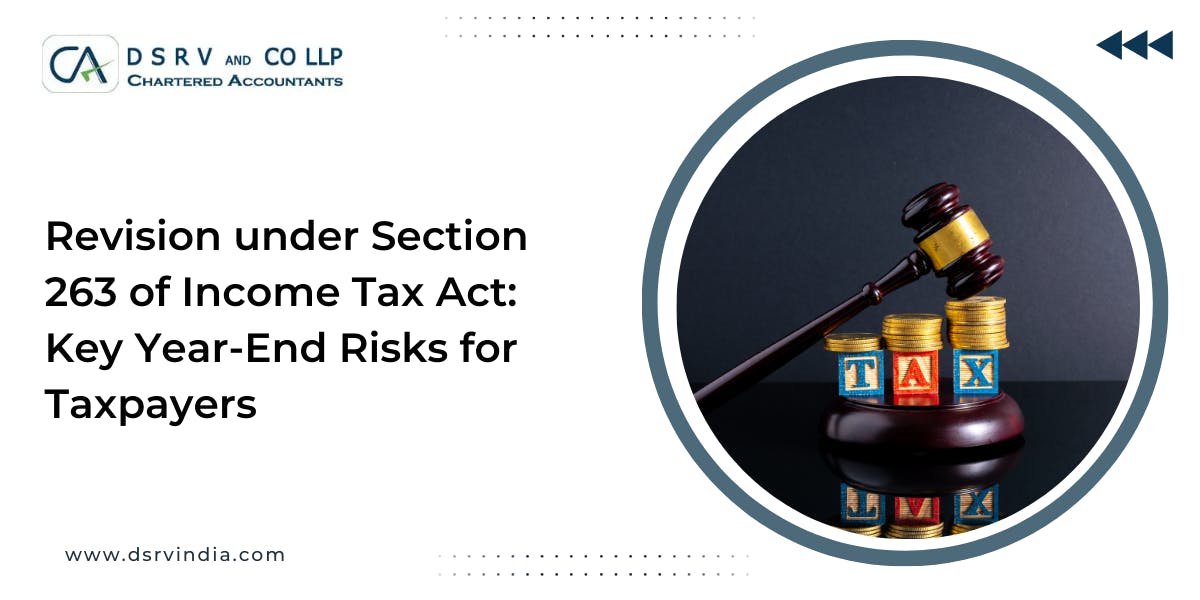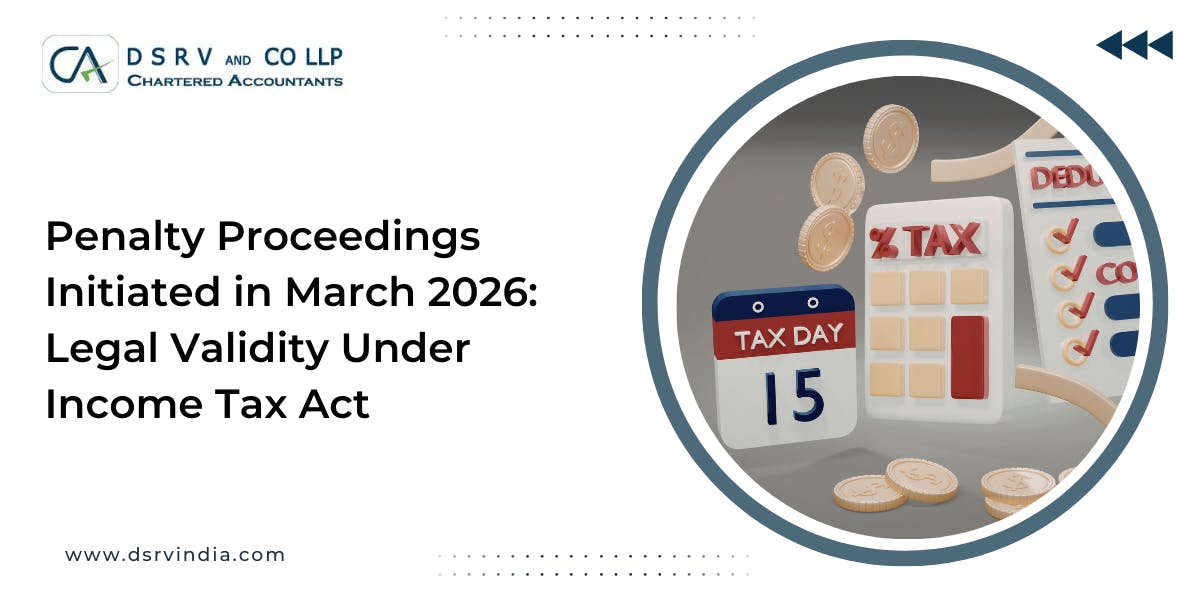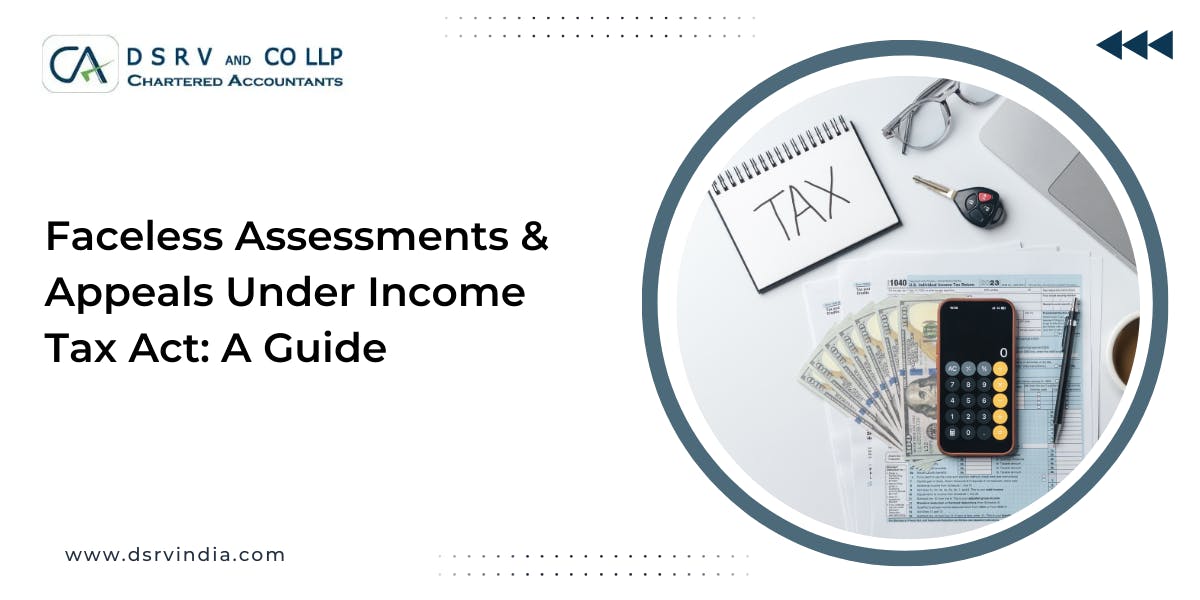4. Use the Correct ITR Form
You can obtain Form ITR-26AS from the Income Tax Department's official website. Make sure you use the right form and fill in accurate details from your records to avoid discrepancies during the India tax filing NRI process. If you find any discrepancies, then they should be corrected before you submit the form. Submission of the form with errors or discrepancies can lead to penalties or even legal consequences, depending on the severity of the misconduct.
5. Disclose Details of Your Assets and Liabilities
NRIs should disclose all details about the assets and liabilities in India and outside India. This includes:
- Assets: Investments, properties, and other assets
- Liabilities: Debts or loans incurred
The disclosure of such details helps tax authorities to understand your financial position and ensure that your income tax return is accurate and complete. This is also necessary for compliance with anti-money laundering regulations.
Read Also: Corporate Tax Filing Obligations for Foreign Companies in India
6. TDS and Tax Exemptions for NRIs
When you file your return of income tax, you need to take note of TDS (Tax Deducted at Source) and tax exemptions for NRIs to avail major deductions and exemptions. During NRI tax filing in India online, you can claim exemptions from liabilities or the sale of assets, and also claim deductions from investments, education loan interest rates, and more.
7. Avail DTAA Benefits
India has signed a Double Taxation Avoidance Agreement (DTAA) with more than 90 countries across the world. This means that you can get relief from paying taxes twice (in India and your country of residence).
To claim DTAA relief, you need to submit the following documents when you file your ITR:
- Tax Residency Certificate (TRC) from filing Form 10FA
- An indemnity or self-declaration form
- A self-attested visa
- A self-attested copy of the PAN card
- PIO proof copy
- A self-attested copy of the passport
Availing the DTAA benefits can significantly reduce your tax liability under the India NRI tax filing.
8. Interest on NRE and FCNR Accounts is Tax-Free
Interest earned on NRE (Non-Resident External) accounts and FCNR (Foreign Currency Non-Resident) accounts is tax-free in India if you are an NRI. On the other hand, the interest earned on NRO (Non-Resident Ordinary) accounts is fully taxable, with the interest subject to a TDS rate of 30%. Keep such factors in mind during India income tax filing for NRI.
9. Income from Capital Gains is Taxable
The income earned from selling a house property or from investments on a long-term capital gain is subject to a TDS rate of 20%. You can claim deductions from the purchase of a new residential property as stated under Section 54.
10. Filing Taxes Online is Easy and Convenient
Gone are the days of needing to visit the Income Tax Department in person. NRI tax filing India online is convenient, and the process is also simple. What you need to do is:
11. Make sure to file an Income Tax Return on Time
The last date to file income tax returns is July 31st for NRIs. Do not cross the deadline for India NRI tax filing to avoid fines or penalties from the Income Tax Department.
Read More: What Happens If You Don't Respond To Income Tax Notice?










